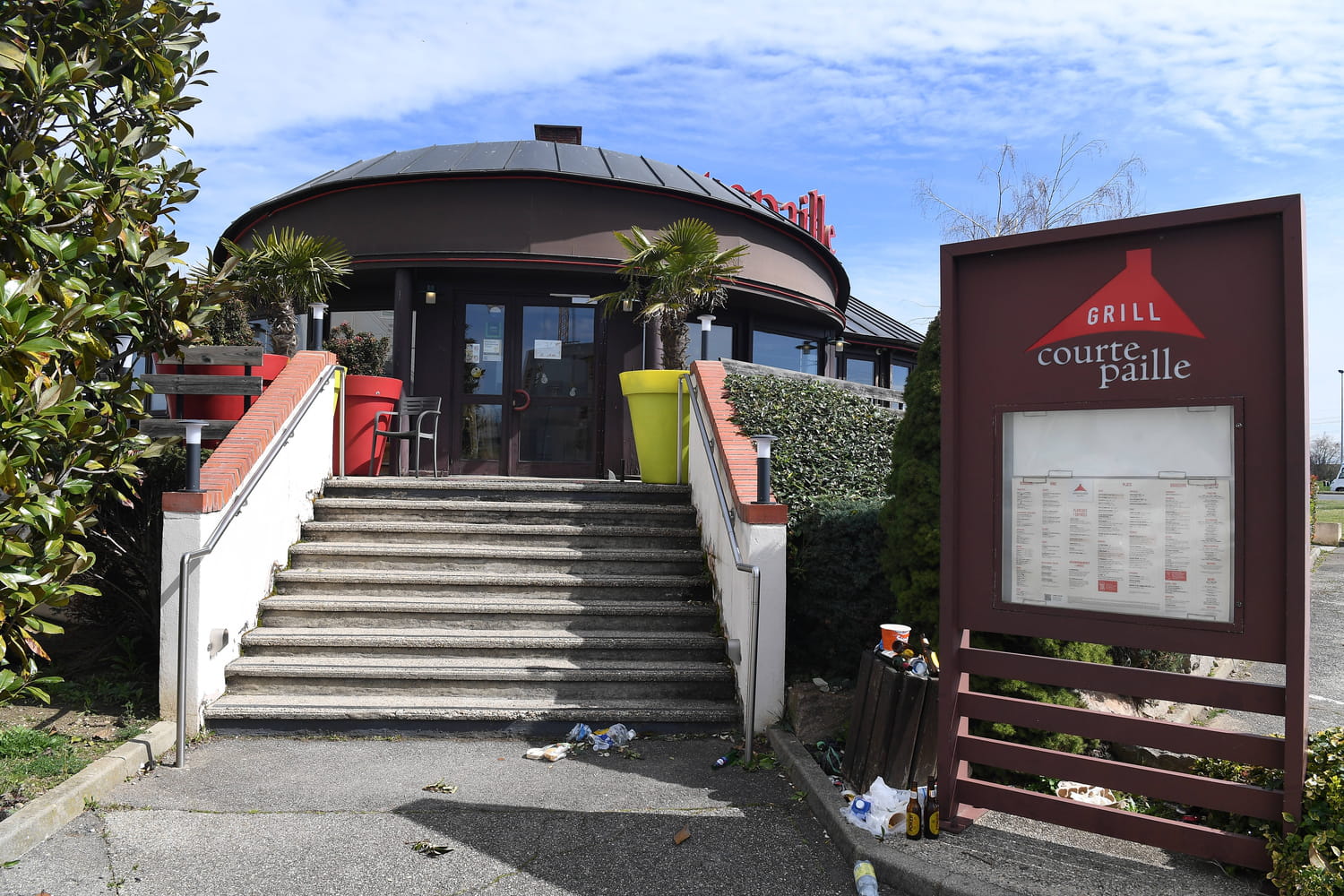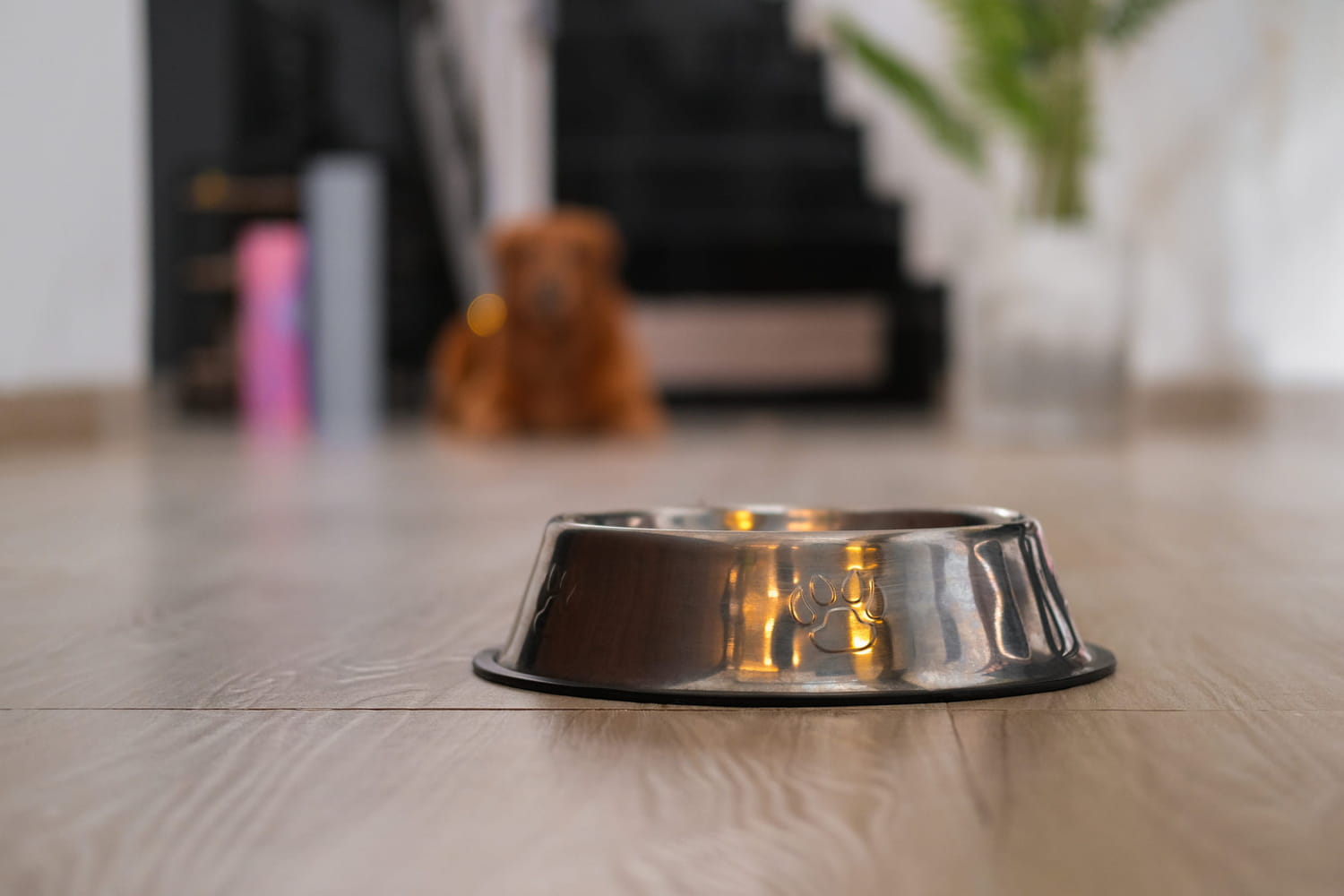The specialists have found the ideal companion: a dog who adapts very well to small homes and urban constraints.
Many people dream of having a pet, but think that their home prevents them from doing so because of its small size. This fear is very understandable: we imagine that an animal necessarily needs a large garden to be happy. As a result, many potential adopters give up on adopting a four-legged companion due to lack of space. However, contrary to popular belief, it is entirely possible to adopt a dog, even if you live in a small space, provided you make the right choices.
Anna Robertson, veterinary nurse at Butternut Box, interviewed by the Express.co.uk website, explains that “many people think that living in a small space means they can’t have a dog, but that’s simply not true.” According to this expert, the secret lies in the choice of breed: “the key is to choose the right breed for your lifestyle and space, rather than just going for the smallest dog you can find”.
Among all the breeds suitable for small homes, the Cavalier King Charles Spaniel stands out from the rest. Anna Robertson describes it as “wonderfully adaptable dogs who are really happy in small spaces.” This breed has undeniable advantages for apartment living, including: “They are gentle, relatively quiet, and do not require excessive exercise – a few moderate walks and a little indoor play are usually sufficient”. Their calm temperament makes them excellent companions for apartment life.
However, when adopting a dog, even this breed implies certain responsibilities. As Anna Robertson recalls, “a tired dog is a good dog, whatever your living space, so make sure you can meet his exercise needs.” Beyond physical activity, the expert emphasizes that “in living in confined spaces, basic education becomes absolutely crucial”. Your dog should be potty trained, have good recall, and respond to quiet commands. Socialization also remains essential because “your dog will regularly meet neighbors, delivery people and other residents”. Before adopting, you should therefore ensure that you can offer your future companion not only the appropriate space, but also the attention, education and daily care that every animal needs to fully thrive!









